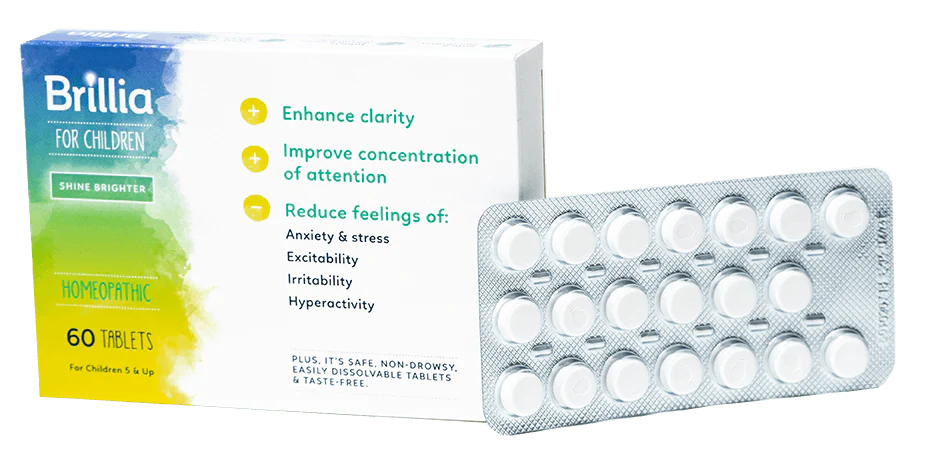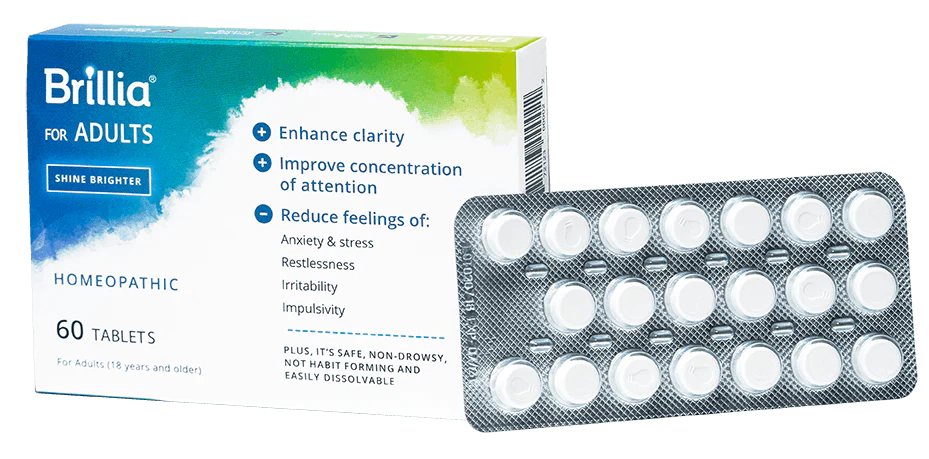People have practiced aromatherapy for thousands of years, dating back to the ancient Egyptians who used resins, balms, and oils made from aromatic plants. Throughout history, mankind has recognized the benefits of aromatherapy as a way of reducing stress and promoting specific mental and physical states. Aromatherapy is about more than inhaling a pleasant or relaxing fragrance because it smells nice — it is a practice that involves inhalation and topical application of essential oils to enhance health, restore feelings of balance, and promote well-being. Kids who are struggling with attention, concentration, focus, or anxiety disorders may benefit from specific essential oils to help them feel calmer, more focused and less anxious.
Essential Oil Safety Tips
Before using aromatherapy on children, it’s important to know how to use essential oils properly and safely. Nationwide Children’s Hospital outlines a few key precautions, including:
● Avoiding essential oils in food or drink
● Doing a skin patch test to make sure your child doesn’t have a reaction to an essential oil (if a reaction occurs, immediately wash the area with soap and water)
● Avoiding essential oils on the face
● Keeping oils away from flames
● Checking with a qualified aromatherapist and healthcare provider before using essential oils, especially if your child has any health concerns, such as respiratory limitations or breathing disorders
When using topically, always dilute essential oils with a carrier oil, such as almond or coconut oil, since children may have unknown sensitivities or allergies.
Ways to Use Aromatherapy
Researchers aren’t entirely sure how aromatherapy works, but essential oils appear to activate scent olfactory receptors in the nose that have beneficial effects on the central nervous system. Everyone responds differently to essential oils and most people have their own scent preferences, so you may have to experiment with a few oils before you find the right one(s) for your child.
Inhalation is one of the most common methods of using aromatherapy for children. Simply place a few drops of your desired essential oil on a cotton ball for your child to hold near the nose and to quickly smell. After your child chooses their favorite scent, add a few drops of the oil(s) to an essential oil diffuser to lightly disperse the fragrance into the room. Clinical aromatherapist Mindy Green suggests using the diffuser on an intermittent setting (if your diffuser has this function), with five minutes on and 15 minutes off, depending on your child’s sensitivity.
After a skin test, you can also apply the oils topically by mixing a few drops into an unscented lotion and massaging it into your child’s skin. Another form of aromatherapy is to use a few drops in a bath. Green also advises using this method with individual oils rather than a blend of essential oils so that if irritation occurs, you will be better able to determine which oil is to blame. For children between 2 and 5 years, use 1 to 3 drops of an individual essential oil in the bath. For children over the age of 5, use 3 to 5 drops of an individual oil or blend in the bath.
Shine Brighter
Essential Oils for Anxiety & Worry
If your child is struggling with anxiety and worry or is having trouble falling asleep, a blend of lavender and sweet orange essential oils is one of the simplest recipes to help them relax and sleep well. These essential oils have soothing and pleasant aromas that both you and your child will appreciate. Most children enjoy the gentle smell of lavender, and the refreshing smell of sweet orange has a mood-elevating effect.
Other essential oils to consider include valerian, jatamansi, jasmine, holy basil, sweet basil, bergamot, chamomile, rose, vetiver, ylang-ylang, frankincense, clary sage, patchouli, geranium, lemon balm, marjoram or fennel. You can use these oils individually or try a blend of a few oils that your child likes.
Essential Oils for Hyperactivity & Restlessness
Many essential oils can help soothe a child who feels hyperactive and restless. Roman chamomile, lavender, mandarin, ylang-ylang, and vetiver promote relaxation, while helping your child feel calmer and quieter during times of agitation and stress. The smell of Peppermint is soothing, and may also help your child with feelings of restlessness and anxiety. You can also try frankincense, eucalyptus, bergamot, lemon or cedar wood individually, or choose a few of these oils to blend to help diminish hyperactivity.
Essential Oils for Concentration & Focus
According to Dr. Jamilet Alegria, diluting a blend of amyris, patchouli, frankincense, lime, ylang ylang, sandalwood and chamomile oils in a carrier oil and applying a few drops to your child’s wrist may help to improve your child’s concentration and focus throughout the day. A blend of vetiver and rosemary essential oils may also help with promoting concentration and focus.
Clinical research has also shown that the essential oil vetiver improves concentration, alertness, and focus. The essential oil rosemary has been found to enhance cognitive performance. You might also try frankincense, lemon, or cedarwood individually or as a blend.
The Aromatherapy Game
Not only is aromatherapy beneficial for your child’s state of being, but it can also turn into a fun, bonding experience for you and your child. Try playing “guess the scent,” where you ask your child to close their eyes and guess which essential oil you’re holding under their nose.
This game can be adapted for different purposes; for example, you can play a relaxing version of this game before bedtime to help your child ease into their bedtime routine. Select a few relaxing essential oils and after asking your child to guess the essential oils, you can then ask which ones they’d like to use in their diffuser tonight. Or when you need your child to pay attention, you could select several essential oils for concentration and play the game in the same way, except this time, ask them to focus all of their attention on identifying the specific aromas.
Being creative and enjoying the process can help your child gain the maximum benefits from aromatherapy. Don’t be afraid to try new blends or experiment with different oils, providing that you’ve followed all of the necessary precautions.







